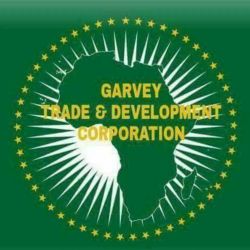Who we Are
Global trade in food products continues to expand rapidly, but the structure and pattern of trade
differs significantly by commodity and by region. Key drivers of production and demand, including
trade and related policies, shape these patterns in different ways, with potentially important implications
for food security.
2. Greater participation in global trade is an inevitable part of most countries’ national trade
strategies. However, the process of opening to trade, and its consequences, will need to be
appropriately managed if trade is to work in favour of improved food security outcomes.
3. Trade affects each of the four dimensions of food security: food availability, access, utilization and
stability. The interaction of trade with these dimensions is complex and depends on a variety of
underlying factors, producing great differences in country experiences and making it difficult to ascertain
a generalization relationship.
4. The relationship between the level of engagement in trade and food security is influenced by the
way food markets work, by the ability and willingness of producers to respond to the changing
incentives that trade can bring, and by the geography of food insecurity, each of which needs to be
accounted for in the formulation of trade policy interventions.
5. Trade and related policy objectives address different dimensions of food security, will differ across
countries, and will change over time. The appropriateness of alternative trade policy options is
largely determined by longer-term processes of economic transformation and the role of the agriculture
sector within these.
6. Episodes of food price spikes are important for their potential negative impacts on food security.
Geopolitical and weather uncertainties, as well as government responses, are likely to exacerbate
these episodes in the future, with increasing potential for disruptions to trade flows. The likelihood of
price spikes, even if episodic, needs to be factored into longer-term decisions related to the management
of trade in food and agricultural products.
7. Trade and food security concerns can be better articulated in the multilateral trading system
through improvements to the World Trade Organization’s Agreement on Agriculture. However, the
right balance needs to be struck between the benefits of collective action brought through disciplines on
the use of trade policy, and the policy space required by developing countries, the identification of which
needs to be informed by specific country-level needs.
8. Shifting attention from the pros and cons of specific policies towards addressing weaknesses in the
governance processes of agriculture and trade policy-making will improve identification of required
policy space and its appropriate use. Strengthening these processes requires building synergies to increase
policy coherence for food security, to enable governments to balance priorities in the design of trade
policies, and to improve their compliance with regional and global trade frameworks.


